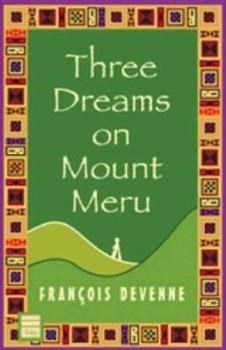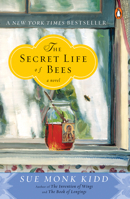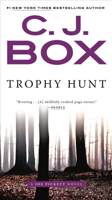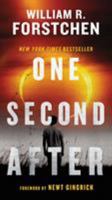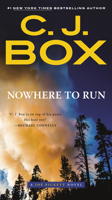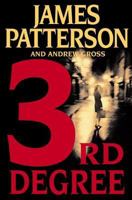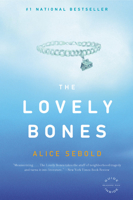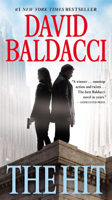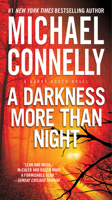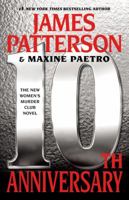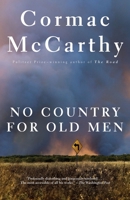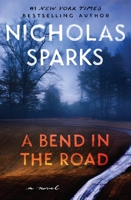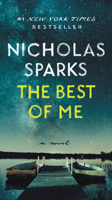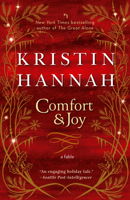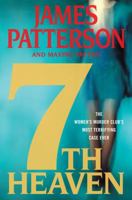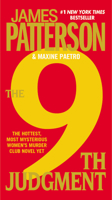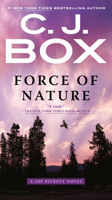Three Dreams on Mount Meru
Select Format
Select Condition 
More by Nishant Batsha
Book Overview
Bayu has become impatient to achieve what generations of his ancestors have done - to dream three dreams on Mount Meru, before claiming his wife. But despite the long dangerous journey, Bayu is protected throughout by the eyes of a leopard - his guardian angel for his rite of passage. This description may be from another edition of this product.
Format:Paperback
Language:English
ISBN:1592641733
ISBN13:9781592641734
Release Date:January 2007
Publisher:Toby Press
Length:208 Pages
Weight:0.59 lbs.
Dimensions:0.5" x 5.6" x 8.5"
You Might Also Enjoy
Customer Reviews
5 customer ratings | 5 reviews
Rated 5 starsA superbly written novel of discovery and personal adventure
By Thriftbooks.com User,
Bayu is a young African Muslim who, spurred by the sharp words of his fiancee, means to achieve what his ancestors 9a clan of sculptors and artists) have accomplished, namely, to undertake a journey that all the men of his clan must make -- travel to Mount Meru, in Tanzania, and dream three dreams. After which he can return to his village near Mombassa, in Kenya, and take a wife. The journey is a hard one that means crossing...
0Report











